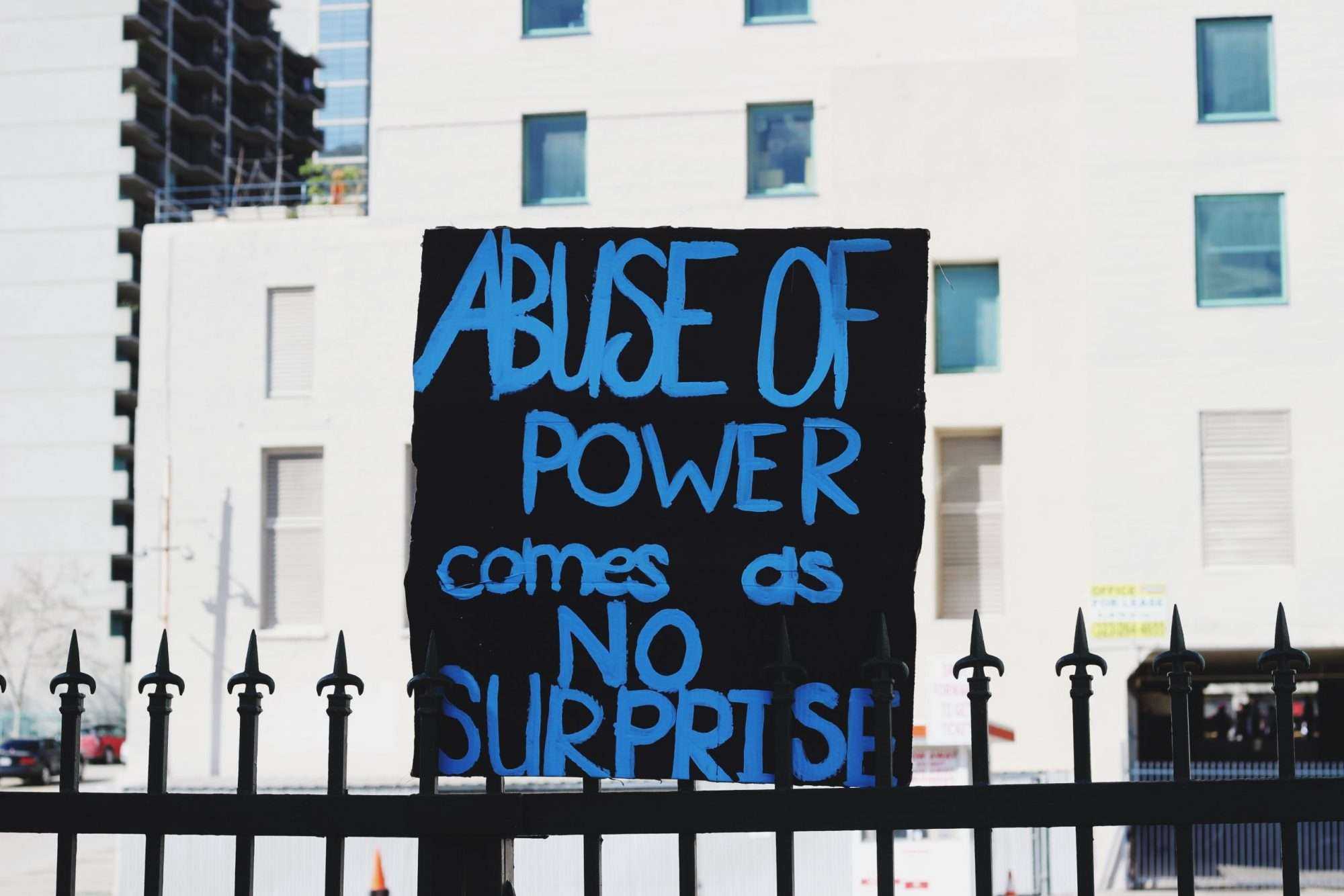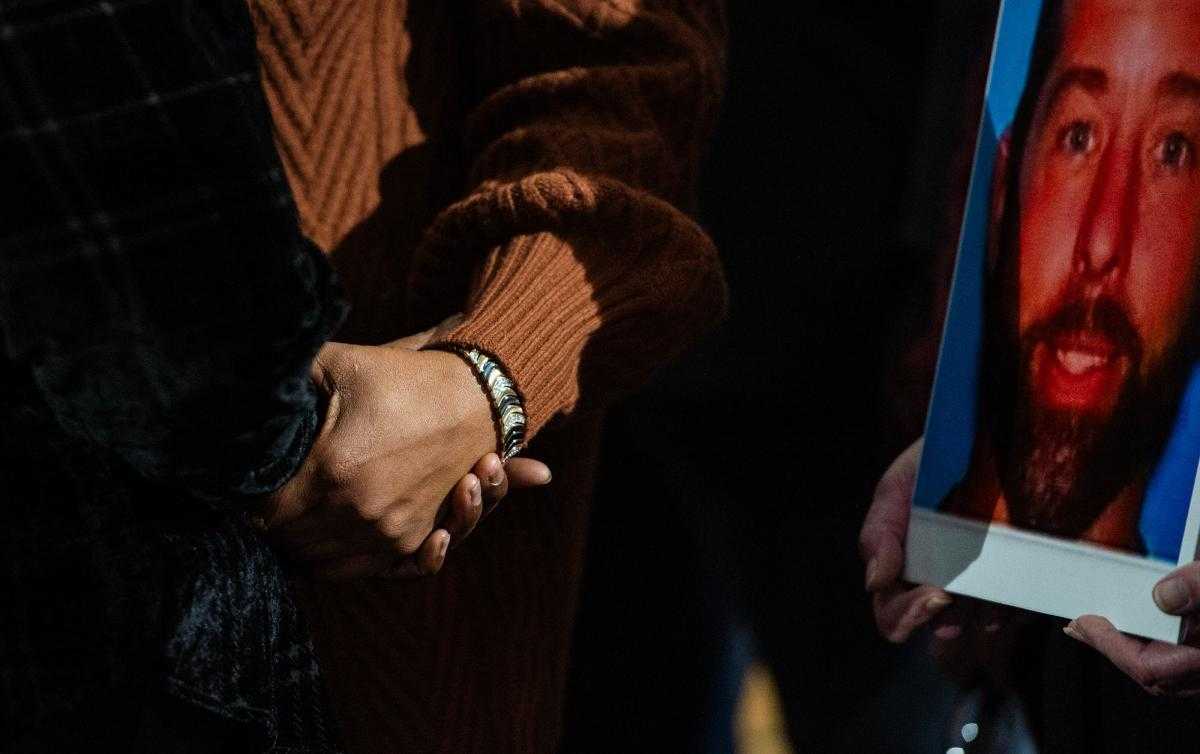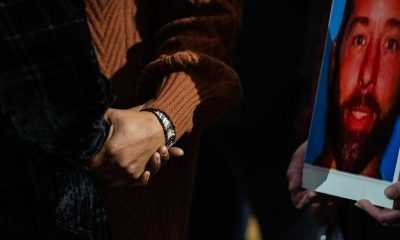BY SIMONE J. SMITH
There were environments where he was dismissed and disrespected, and not once did he stop being who he was. He had a way of connecting with people, listening to people, hearing people and engaging with them. Those who speak lovingly of him say he will be most remembered for saying things that matter in his work. For taking a stand.
He fought so hard, and he put so much time and energy into getting stories made. His body of work was one that shared voices that were otherwise not being heard in the Canadian film landscape. He had natural talent; he had charisma.
It was a rainy, chilly April 17th, 2024, and the Toronto Caribbean Newspaper had been invited by Humanity Ova Vanity to share in a night with Regent Park film festival, Bipoc TV & Film, and Reel Canada to celebrate the work of an amazing Jamaican-Canadian filmmaker whose talents have made an important and intentional stamp on the landscape of the history of African Caribbean cinema in Canada. It was the night that I was formally introduced to the brilliant Charles Officer
Charles Officer told stories from a nuanced perspective that originated from his experience of being a Canadian born child of Jamaican parents. His life was a mix of poetry and pain, and he learned that stories and visuals could help to speak in ways some couldn’t. His curiosity and intentionality as a human and writer-director has left an indelible mark in the pages of Canadian Film history.
Charles was a versatile and prolific filmmaker whose works typically focused on the experiences of Black Canadians. Initially an actor, he went on to direct, write and produce feature films, documentaries and TV series.
Charles directed four episodes of “The Porter,” the CBC/BET drama about the Brotherhood of Sleeping Car Porters — North America’s first Black-led union — that won 12 awards at the Canadian Screen Awards, including: best original music, production, costume design, best writing and best drama series. Another well-known article of work is his documentary Unarmed Verses, which told the story of Toronto Community Housing residents who were uprooted while their neighbourhood was revitalized.
Charles’s 2008 debut feature, Nurse. Fighter. Boy, premiered at TIFF and was nominated for 10 Genie Awards, the precursor to the Canadian Screen Awards. On the 17th, I had a chance to witness this creative genius on screen with his film “Akilla’s Escape.” In a crime-noir about the urban child-soldier, Akilla Brown captures a fifteen-year-old Jamaican boy in the aftermath of an armed robbery. Over one grueling night, Akilla confronts a cycle of generational violence he thought he escaped.
The movie starts with the dimly lit streets of the city sprawling, a concrete jungle where danger lurks in every shadow. The humid air is heavy with tension as we are gliding through the urban landscape, the distant sounds of reggae music mingling with the rumble of passing cars.
Charles kept me captivated, weaving the narrative of Akilla Brown’s journey. It served as a potent testament to the multifaceted impact of film. Through the lens of urban child soldiers and Caribbean cultural intricacies, the audience was drawn into a world where real-life struggles and dysfunctional family dynamics collided.
Akilla’s forty-year-old existence, straddling between the legitimacy of his cannabis operation and the shadow of his family’s criminal legacy, epitomizes the complexities of identity and morality. As fate intertwines Akilla’s path with that of Sheppard, a mute teenager ensnared in the web of violence, the film delves deep into themes of redemption, legacy, and the cyclical nature of trauma.
Saul Williams’s commanding performance as Akilla, alongside Thamela Mpumlwana’s poignant portrayal of Sheppard, and Donisha Prendergast as the dedicated aunt, brings an authenticity that grips viewers from start to finish. Through Officer’s direction, the film becomes more than mere entertainment; it becomes a mirror reflecting the harsh realities of societal constructs and personal struggles, urging viewers to confront the demons of our past and present.
The screening was followed by a panel with lead actors: Thamela Mpumlwana, Donisha Prendergast, and co-writer Motion and Producer Jake Yanowski. It was moderated by Sarah Tai Black.
Throughout the talk, I learned more about the legacy of this incredible African-Caribbean Canadian filmmaker whose work resonates not just through the lens of cinema, but through the very fabric of storytelling itself. As a: director, writer, producer, actor, cinematographer, and editor, his multifaceted talents illuminated the experiences of African-Caribbean Canadians in a way that was both captivating and authentic.
His films were not merely narratives; they were vivid tapestries woven from the threads of shared experiences, struggles, and triumphs of the African Canadian community. Through his lens, audiences are transported into worlds rich with cultural nuances, social commentary, and the universal human condition.
Beyond his technical prowess and creative vision, it was his boundless energy that truly set him apart. His passion for storytelling was infectious, drawing people from all walks of life into his orbit. Whether collaborating with fellow artists, mentoring aspiring filmmakers, or engaging with audiences, his presence radiated an undeniable magnetism.
In every frame he captured, every line he penned, and every character he brought to life, he not only entertained, but also challenged perceptions and sparked conversations. His body of work serves as a testament to the power of storytelling to bridge divides, inspire change, and celebrate the richness of diversity.
Though he may have left us, his legacy endures—an eternal flame that continues to illuminate the path for future generations of filmmakers. As we reflect on his contributions, let us honour his memory by embracing the spirit of creativity, inclusivity, and resilience that defined his remarkable journey.
REFERENCES:
https://www.cbc.ca/news/canada/toronto/hot-docs-film-unarmed-verses-puts-uprooted-tch-community-in-spotlight-1.4091497
https://www.cbc.ca/news/entertainment/csas-final-night-2023-1.6811617
https://www.thecanadianencyclopedia.ca/en/article/charles-officer



 Junior Contributors2 weeks ago
Junior Contributors2 weeks ago
 Community News2 weeks ago
Community News2 weeks ago
 Community News1 week ago
Community News1 week ago
 Community News1 week ago
Community News1 week ago
 The Poetic Word2 weeks ago
The Poetic Word2 weeks ago
 Community News1 week ago
Community News1 week ago
 Community News6 days ago
Community News6 days ago
 Community News1 week ago
Community News1 week ago






























BloodthirstyJustinTrued
December 12, 2022 at 12:30 am
The liberals are cheaters and corrupt in all of North America. They believe in no God, they believe in the virtues of Man which are not God’s virtues.
Manmade virtues are easy to bend in the name of another manmade virtue. so taking money to rig elections becomes a virtue to them when they’re goal virtue is GLOBALIST COMMUNIST TECH PHARMA CHINA owned slave labor Climate Religion.
That’s a lot of virtues they’re all beholden to that are theirs not of the people. How to unite? How to rise up?
They’ve supplanted Law Enforcement with their Ideological Cronies so how do they know our will?
Our will can only be known in this environment They’ve fostered is by the force and STRENGTH we elaborate at the end of Our Barrels.
The Liberal Powers Cartel won’t let go ever again unless it’s when we pry their limp red soaked fingers away from the power that’s absolutely corrupted them.